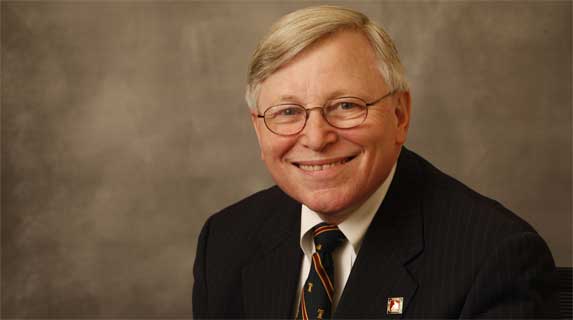In 2011, Paul Schurick, who is a former aide to former Governor Bob Ehrlich, was charged by the State Prosecutor with (1) conspiracy to commit election fraud, (2) election fraud, and (3) failing to place the legal disclaimer on the phone calls to the public. The case arose from 2010 election evening “robo” calls, in which more than 100,00 automated phone calls were placed, by machine, to potential voters. On the line, a voice message told the listener that Governor O’Malley had already won re-election, that there was no need to go to the polls and vote, and that the listener should stay home.
In 2011, a Baltimore city jury found Schurick guilty on all counts. On February 16, 2012, Circuit Court Judge, Lawrence Fletcher-Hill, sentenced Schurick. His sentence was one year in jail, but the Judge suspended the sentence, and placed Schurick on 30 days of home detention, and required him to complete 500 hours of community service. Schurick’s attorney, A. Dwight Petitte, Esq., has stated that the statute, as applied to Schurick, violates his First Amendment rights, and he will appeal to the Court of Special Appeals, which is Maryland’s intermediate appellate court.
Professor Warnken noted that, at the time the facts of this case came to light, he predicted that, based on the facts as he understood them, Schurick would be found guilty by a jury, but that Schurick would not be sentenced to “real time.” He stated that, although he understands Petitte’s argument, he believed that the Court of Special Appeals will reject the constitutional challenge and will affirm Schurick’s convictions. Warnken stated that the legislature has broad power to enact statutes in the interest of the public. A statute prohibits one person from defrauding another person out of his or her right to vote is a valid law. Even though the First Amendment is very broad, it will not permit one person to trick another person into giving up his or her constitutional and statutory right to vote. Warnken stated that, because the challenge is on constitutional grounds, Maryland’s highest Court, the Court of Appeals, might take the case, but he doubted it.

{ 1 trackback }
Comments on this entry are closed.